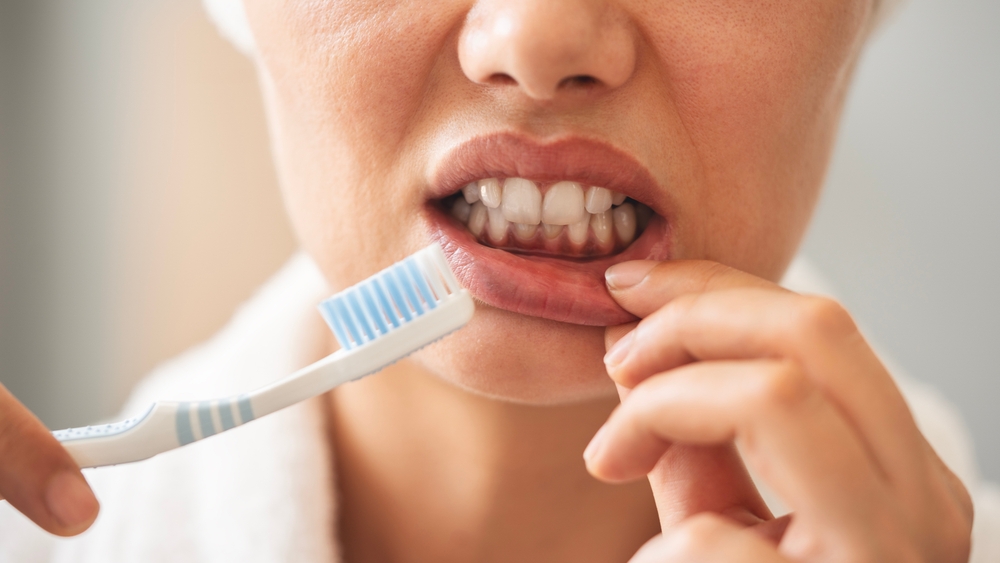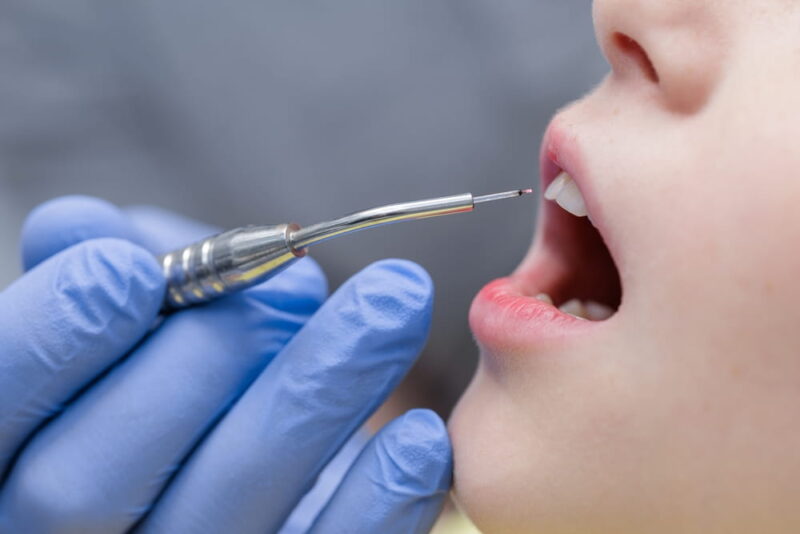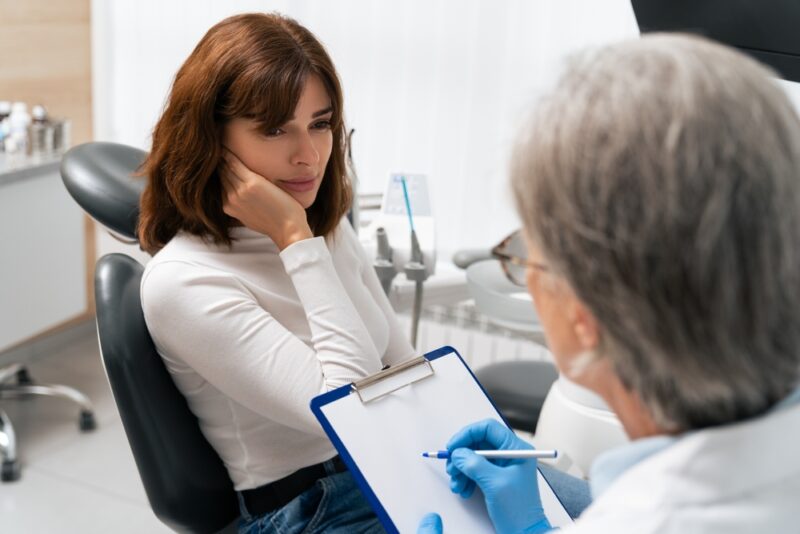Swollen gums are one of the most common early signs that something in your mouth isn’t functioning quite as it should. While it may be tempting to ignore a little puffiness or tenderness, gum inflammation can be your body’s way of flagging a deeper problem. Prompt attention not only helps resolve discomfort, but can also prevent serious oral health issues from developing.
Let’s take a closer look at why swollen gums occur, when to be concerned, and how to manage or prevent the issue.
What Causes Gums to Swell?
Gums can swell for many reasons, some minor and temporary, others more concerning. The most frequent cause is plaque buildup, which occurs when food debris and bacteria are not thoroughly removed through brushing and flossing. This leads to irritation of the gum tissue, especially around the gumline.
Other possible causes include:
- Gingivitis: The earliest stage of gum disease, often reversible but frequently ignored.
- Hormonal changes: Such as those during pregnancy or menopause, which can increase blood flow to the gums.
- Tobacco use: Smoking reduces blood flow and increases inflammation.
- Medication side effects: Certain prescriptions can cause gum overgrowth or irritation.
- Vitamin deficiencies: Particularly low vitamin C levels, which can impair gum healing.
- Improper dental appliances: Bridges, dentures, or retainers that rub or don’t fit correctly.
- Underlying health issues: Systemic conditions like diabetes can affect gum health and healing.
Why It Matters: From Minor Irritation to Major Risk
Swelling alone may not seem urgent. It might not hurt, or it might fade for a while with better brushing. But if the underlying cause is gum disease or infection, delay can allow the problem to progress silently.
The progression can look like this:
- Gingivitis: Gums become red, swollen, and bleed easily.
- Periodontitis: Inflammation spreads deeper, affecting the connective tissue and bone that support the teeth.
- Advanced periodontitis: Bone loss, gum recession, tooth mobility, and eventual tooth loss.
Once gum disease reaches the periodontitis stage, it can be managed but not reversed. That’s why addressing swollen gums early is so important.
Symptoms to Watch Closely
If you experience any of the following alongside swollen gums, it’s time to schedule a dental visit:
- Gums that bleed when brushing or flossing
- Persistent bad breath or a bad taste in the mouth
- Gums pulling away from teeth (recession)
- Pain or tenderness in specific areas
- Teeth that feel loose or shift position
Even if these symptoms come and go, they shouldn’t be dismissed. Gum health can fluctuate, but ignoring chronic or recurring issues puts your teeth at risk.
What to Expect from a Dental Evaluation
When you visit the dentist for swollen gums, the goal is to pinpoint the cause and stop the inflammation before it progresses. Your provider may:
- Examine the gum tissue for redness, swelling, and bleeding
- Measure the depth of gum pockets around each tooth
- Check for tartar buildup below the gumline
- Discuss oral hygiene habits, nutrition, and health history
In many cases, a professional dental cleaning and improved at-home care may be all that’s needed. If gum disease is diagnosed, scaling and root planing—a deep cleaning procedure—may be recommended to remove plaque and tartar from below the gumline.
How to Care for Swollen Gums at Home
While professional treatment is key, there are steps you can take at home to manage and prevent swollen gums:
- Brush twice a day with a soft-bristled toothbrush and fluoride toothpaste.
- Floss daily to remove debris and plaque between teeth and along the gumline.
- Use an antimicrobial or fluoride mouth rinse if recommended by your dentist.
- Avoid smoking, which interferes with gum healing.
- Stay hydrated to promote saliva flow and tissue health.
- Eat a balanced diet rich in vitamin C and calcium.
Even if your gums improve with better home care, a professional exam is still recommended to ensure no hidden damage has occurred.
Choose Aloe Dental Wellness For All Your Dentistry Needs
At Aloe Dental Wellness, you can expect the very best in dental care with Dr. Daniela Cadavid. Before your appointment, you can expect to enjoy soothing music and fresh coffee, tea, and water in our relaxing patient lounge. Our office is a child-friendly, family-oriented environment, and we pride ourselves on the ability to make patients of all ages comfortable.
Dr. Cadavid is glad to offer a brand-new office equipped with the latest technology and services in both English and Spanish to UCSB students and staff, as well as the surrounding communities. Aloe Dental Wellness in Santa Barbara County is proud to provide general, cosmetic, and emergency dentistry services to meet the needs of your entire family as well. For an appointment, call us at 805-454-7727 today.




